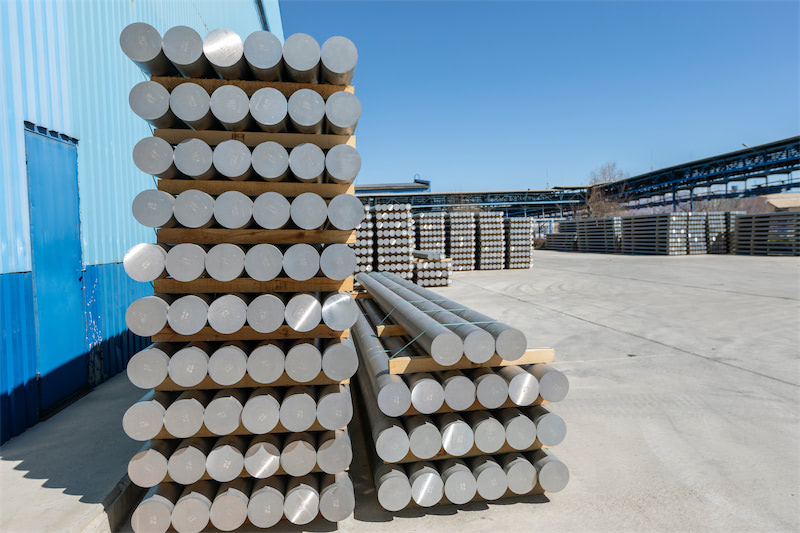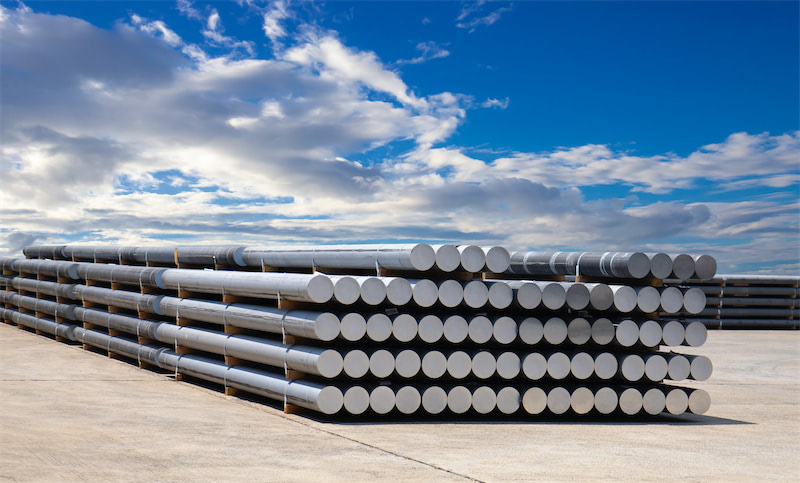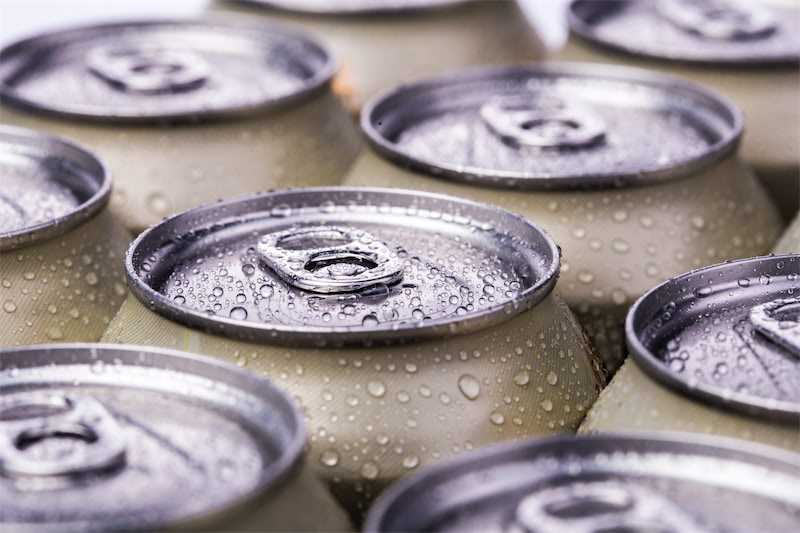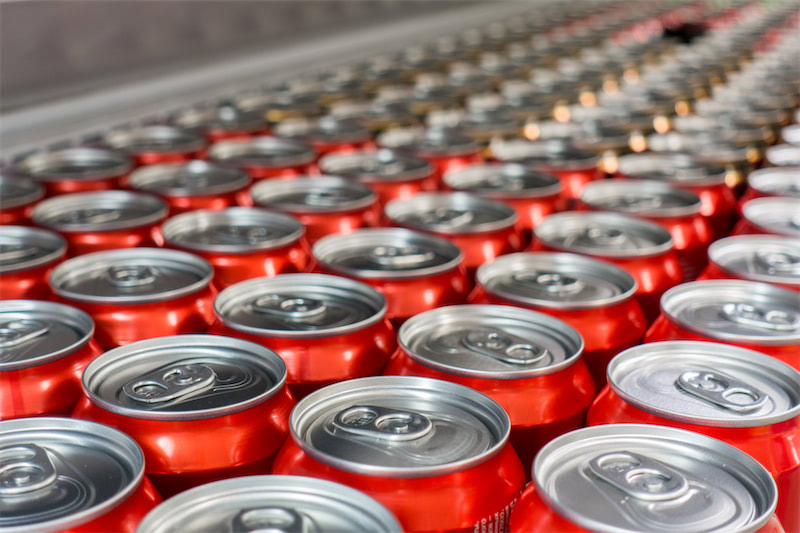On 3rd July, rumours emerged suggesting that Indonesia might ease its strict bauxite export ban due to slower-than-expected progress in constructing alumina refineries. Following the news, SHFE alumina futures prices fell 1.7% to RMB 3,824/mt in response.
According to data from the United States Geological Survey (USGS), Indonesia is the world's sixth-largest holder of bauxite, with total reserves of approximately 1 billion tonnes, accounting for 3% of global reserves. In 2021, Indonesia announced a ban on bauxite exports, effective from June 2023, aiming to attract foreign investment for building alumina refineries and developing a comprehensive domestic aluminium industry chain. This move was intended to replicate the success seen in the nickel sector following the ban on unprocessed nickel ore exports, accelerating the development of nickel processing capacity in Indonesia. However, the ban on bauxite exports has not had the desired effect, partly because of the availability of bauxite from other sources, such as Guinea and Australia.

Before the ban on bauxite exports, Indonesia produced more than 21 million tonnes of bauxite per year, of which 19 million tonnes were exported to China. Currently, the domestic operational alumina refining capacity in Indonesia is only 4.3 million tonnes. Such processing capability cannot consume enough bauxite output as the export ban. The limited domestic market has affected local bauxite miners.
According to China customs, in May 2024, China's imports of Guinean bauxite reached a new high of $68.73 per tonne. The growing demand for bauxite in China has tempted Indonesian miners. As a result, SMM understands some bauxite miners started lobbying for easing the bauxite export ban. However, the Indonesian government has not made any official statements to change the current policy. Market participants anticipate that the government remains focused on enhancing domestic alumina processing capabilities to build a complete aluminium industry chain.
"At least for the foreseeable future, the Indonesian government is unlikely to cancel this ban," one big local bauxite miner familiar with the matter told SMM. Besides, the head of a local alumina refinery indicated that they don't expect any changes in the bauxite export ban policy before the new president takes office in October.
The SHFE alumina futures price recovered to previous levels of around RMB 3,889/mt three hours later.
According to SMM, three greenfield alumina refineries are expected to commence operations in the second half of 2024 and 2025. PT BAI from Antam and Inalum and PT Borneo Alumindo Prima from Jinjiang group will put their 1-million-ton refineries into operation in Q3 and Q4 of 2024, and PT Tianshan with 1 million tonnes capacity is expected to come on stream in 2025. As SMM's understanding, there are also some other greenfield and brownfield alumina projects under consideration by investors. By 2030, Indonesia's planned alumina production capacity is projected to reach 14.1 million tonnes, with a total of seven alumina plants in operation. By then, Indonesia is expected to become a more significant player in the global aluminium industry.



